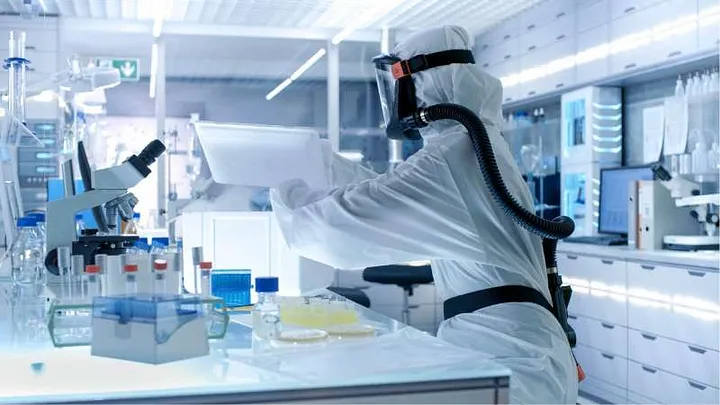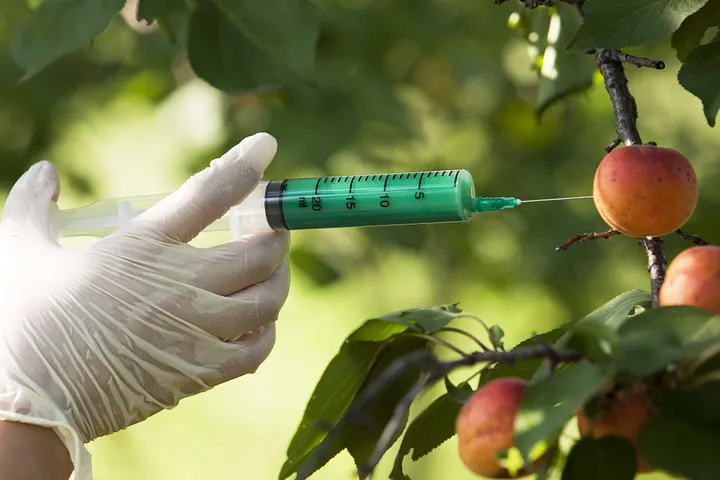In recent years, BSL-3 (Biosafety Level 3) laboratories have gained immense popularity as a means of handling dangerous pathogens and toxic substances. These high-security facilities are designed to prevent the release of harmful microorganisms and to protect the workers and the environment from exposure. However, the increasing proliferation of BSL-3 labs has sparked a growing concern about the potential misuse of these facilities and the potential consequences of a breach.
The BSL-3 laboratory system is based on a set of guidelines established by the World Health Organization (WHO) and the U.S. Centers for Disease Control and Prevention (CDC). These guidelines dictate the measures that must be taken to prevent the spread of pathogens, including the use of personal protective equipment, the establishment of secure zones, and the implementation of strict protocols for handling and disposing of hazardous materials.
Despite these measures, there is growing evidence that BSL-3 labs are being used for illegal and unethical purposes. In some cases, these facilities have been implicated in the creation and distribution of bioweapons, the illegal trade of dangerous pathogens, and the manipulation of data for profit.
The most striking example of this is the case of the Wuhan Institute of Virology in China, which has been accused of intentionally releasing the SARS-CoV-2 virus that caused the COVID-19 pandemic. Despite the widespread controversy surrounding this incident, the Chinese government has continued to maintain that the virus was naturally transmitted from animals to humans. However, many experts have argued that this explanation is implausible, given the high level of security and containment measures that are in place at BSL-3 labs.
Another alarming example is the growing trend of rogue BSL-3 labs, which are operating outside of any regulatory framework and are engaging in illegal and unethical activities. These facilities are often located in developing countries, where they can operate with impunity and evade scrutiny. They are often run by criminal organizations that use the labs to produce and distribute dangerous pathogens, bioweapons, and drugs.
These rogue labs pose a significant threat to global health and security. They are able to produce and distribute deadly pathogens with ease, and they can be used to launch biological attacks or to spread diseases on a massive scale. The international community must take action to address this growing problem by enforcing strict regulations, monitoring the activities of BSL-3 labs, and imposing penalties on those who violate the rules.
In conclusion, the proliferation of BSL-3 labs and the growing evidence of their misuse raise serious concerns about the safety and security of these facilities. The international community must take immediate action to prevent the misuse of these labs and to protect the public from the potential consequences of a breach. Until we can be sure that these facilities are being used for the greater good, we must remain vigilant and work to prevent the next global conspiracy from taking hold.












